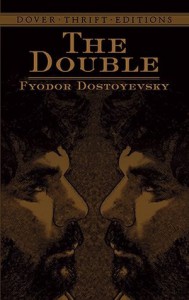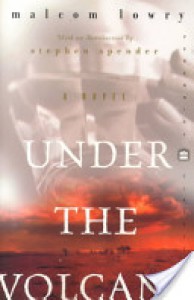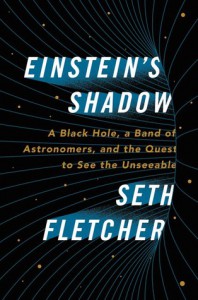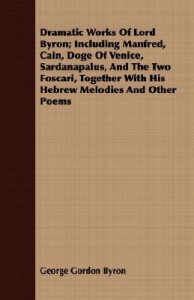D-Cups: "The Language of the Night: Essays on Fantasy and Science Fiction" by Ursula K. Le Guin

(Original Review, 1981-04-01)
My understanding of close reading was what I described in another review gleaning from Empson, and I never intended to dismiss the idea of finding archetypes in literary characters. As far as that goes, I might put myself much closer to the other extreme and be tempted to say: every story contains archetypes because we have nothing else to tell stories about; even non-fiction stories are told primarily if not exclusively about real people who embody archetypes.
I’m now reading a collection of essays by Ursula K. Le Guin, “Language of the Night,” and she offers an interesting take on many of these issues from the writer’s point of view. She acknowledges the appearance of archetypes in her stories, but, with what she considers her best work, the story comes from within her and only after it is written does she recognize the archetype that inspired it:
“The writer who draws not upon the works and thoughts of others, but upon his own thoughts and his own deep being, will inevitably hit upon common material. The more original his work, the more imperiously recognizable it will be.”
If you're into stuff like this, you can read the full review.
 2
2


















